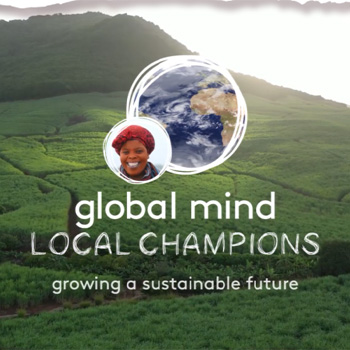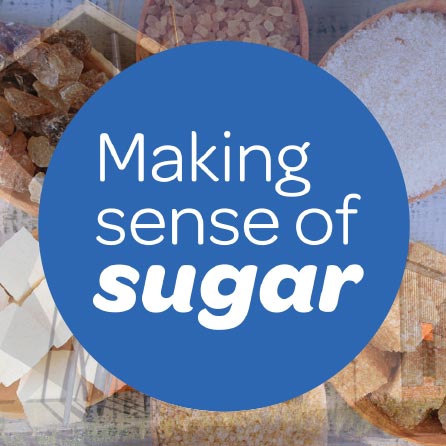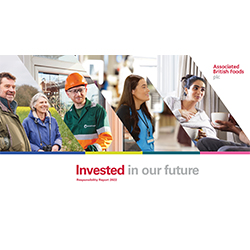11 November 2016
Promoting better water management across our supply chain in Illovo, southern Africa.
Objective
Water is vital to Illovo’s agricultural, milling and downstream operations. The business sources water directly from rainfall, rivers, lakes, dams and indirectly from municipal service providers.
Therefore, initiatives that help maintain sustainable supplies of water both now and in the future are of the highest priority.
What we did
Extreme weather events and the consequences of climate change (such as drought) have the potential to significantly impact the business. In some locations business operations can be directly impacted by power outages caused by periods of drought or the supply of poor quality water which requires costly pre-treatment before use.
Understanding the risks associated with local water supplies across operations in Illovo is critical. More than 50% of the sugar cane processed by Illovo’s mills is cultivated by out-growers whose farm sizes vary from less than five hectares, to many hundreds of hectares.
Water consumption at the sites is generally neutral, with most water requirements for the sugar manufacturing process coming from the cane itself. Some mills require additional water for cooling which, once utilised, passes through the mill in an ‘open loop’ system and is then channelled to the fields for irrigation.
As part of the Water and Climate Change Mitigation and Adaptation strategy, Illovo partnered with the Climate Resilience Infrastructure Development Facility (CRIDF+) and the UK Department for International Development (DFID) which provided the funding for a water infrastructure programme in southern Africa. The project involved the completion of vulnerability assessments of smallholder communities at Illovo’s operations in Malawi, Mozambique, Swaziland, Tanzania and Zambia.
Results
While some of the risks identified were location or organisation-specific, there were a number of risks which were consistent across Illovo and fell predominantly into the categories of physical and socio-economic risks.
Physical risks identified included the effects of erratic rainfall patterns in rain-fed cane supply regions, such as floods and droughts, and how increased temperatures can predispose crops to new pests and diseases. In countries where sugar cane is irrigated, it was also identified that drought-related water shortages impacted upon the ability of national hydro-electricity plants to produce power on a consistent basis, therefore impacting directly on electricity-powered irrigation systems to deliver water to the cane fields.
The socio-economic risks identified included low level understanding of climate change amongst small holders and to a lesser extent to other commercial growers and its effects including: water shortages for irrigation; inefficient or inappropriate irrigation systems; upstream deforestation causing high siltation levels in rivers; river-level fluctuation caused by hydroelectricity plants; and growing populations in cane growing areas due to associated employment and income generating opportunities.
CRIDF+, Illovo and wider project partners are now working with smallholders to identify opportunities and adaptation strategies to minimise the risks and challenges of climate change and to identify additional partner organisations to provide opportunities to improve their climate resilience.













